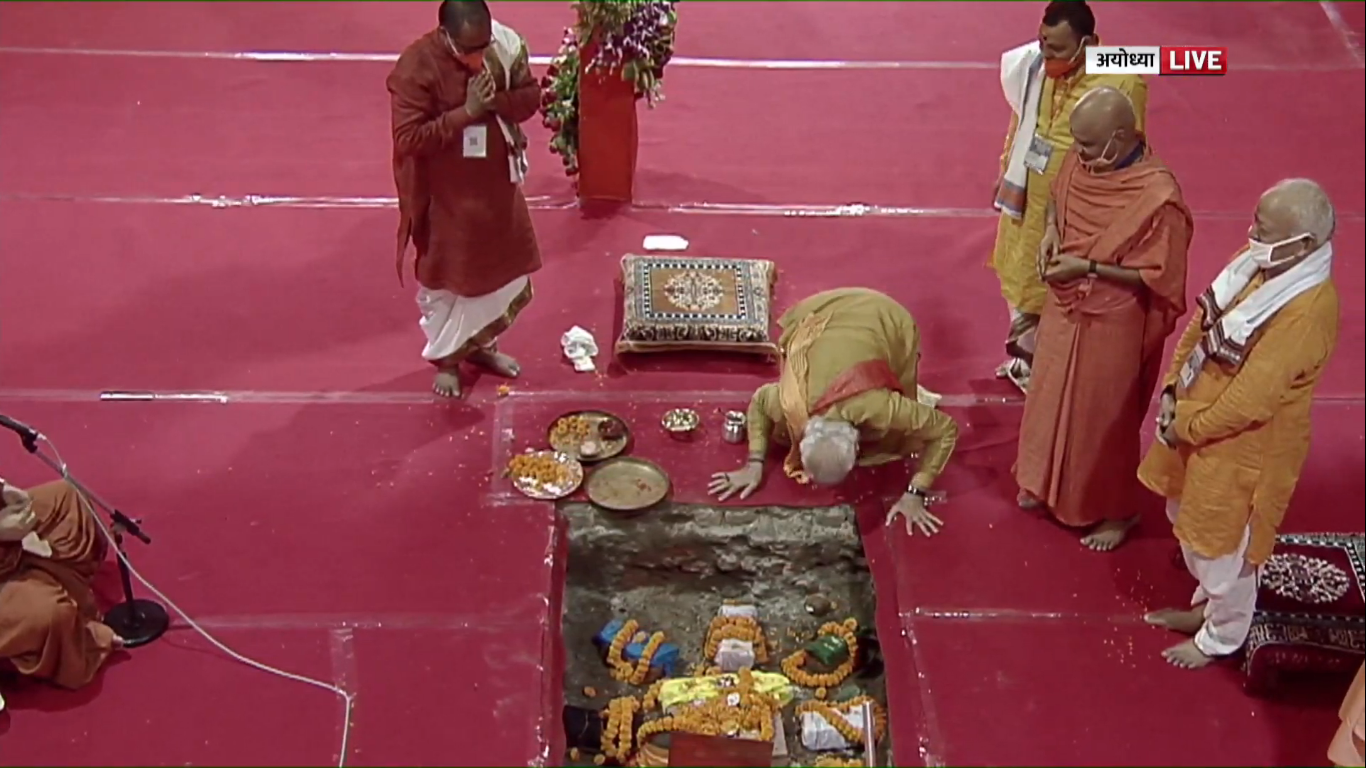New Delhi, Dec 2: The Delhi government has "strongly recommended" to reject the mercy petition filed by one of the 2012 Nirbhaya murder case convicts, sources said on Sunday.
Delhi Home Minister Satyendar Jain has sent the file to Lt. Governor Anil Baijal with Arvind Kejriwal government's recommendations in the case, they told news agency.
Vinay Sharma, one of the convicts facing the death penalty for the gangrape and murder of a 23-year-old paramedic student in Delhi, had filed a mercy petition before President Ram Nath Kovind.
"This is the most heinous crime of extreme brutality committed by the applicant (Vinay Sharma). This is the case where exemplary punishment should be given to deter others from committing such atrocious crimes," a source quoted Jain as saying in the file noting.
The Delhi home minister also said, "There is no merit in the mercy petition, strongly recommended for rejection".
Sources said the file will now be sent to the lieutenant governor for further consideration and it would then be sent to the Union Ministry of Home Affairs along with recommendations of Anil Baijal.
Vinay Sharma is currently lodged in Tihar Jail since his arrest in the case and had filed a mercy plea, while Mukesh, another convict, had refused, officials said.
The paramedic student was raped on the intervening night of December 16-17, 2012, inside a running bus in south Delhi by six people and severely assaulted before being thrown out on the road.
She died on December 29, 2012, at Mount Elizabeth Hospital in Singapore, where she was admitted after being airlifted from Delhi for treatment.
One of the accused Ram Singh had hanged himself in the jail and another convict, a juvenile, was given the maximum sentence of three years' imprisonment in a reform facility.
The fourth death row convict, Akshay Kumar Singh (33), has not filed a review plea in the top court.






Comments
NO MERCY. HANG THEM
Add new comment